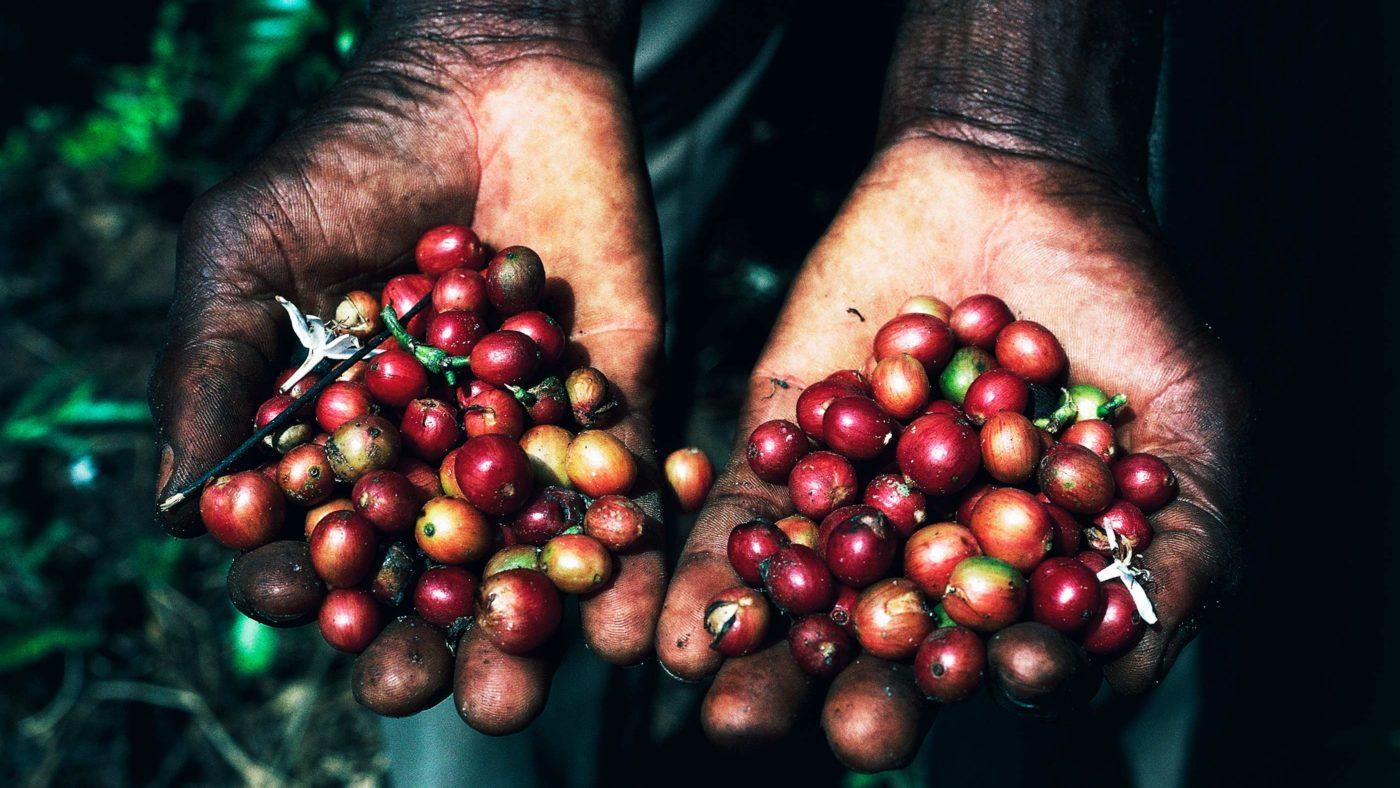Tiny, landlocked Burundi is one of the jewels of East Africa. A beautiful country but with a painful past, and it is still, gradually, recovering from years of civil war. The 13-year conflict, which ceased in 2006, saw 300,000 people lose their lives.
The conflict also had a devastating impact on the economy, with average per capita agricultural production almost halved following the breakout of war, compounded by crop theft and more recent problems related to drought and soil fertility. Today, ninety per cent of its population are employed in agriculture, and eighty per cent of its people live in poverty.
In 2014, the Global Hunger Index ranked Burundi the hungriest in the world.
But Burundi also has the potential to grow some of the best coffee in the world, which offers a tantalising route out of poverty.
Burundi’s geography combines the right altitude and the delicate climatic conditions to grow the popular Arabica bean, essential to coffee houses the world over. The problem for the poor farmers who carefully cultivate their crop, is how to tap into this global demand for a good brew.
Burundi’s coffee industry was privately run when the country secured its independence from Belgium in 1962. But in 1976 the industry was brought under state control with private coffee factories nationalised and export activities entirely managed by the state.
This lasted until 1992 when the Government returned production to private ownership in a bid to increase competition. But reforms have been slow and it wasn’t until 2009 that the entire sector has been fully privatised.
Now, although free of government regulations and quotas, these individual farmers are at the mercy of middlemen who travel the country with their weighing scales, conducting small, low value trades that do not accurately reflect the global demand for the prized bean.
But thanks to a combination of new technology and access to market price information, that is starting to change.
Anselme Binyogoto, a 55-year-old veteran of the coffee farming business, is using the internet to tip the balance of power back in his favour.
“I used to sell my coffee via middlemen but after doing some analysis I and some other smallholder farmers decided to get together and create a cooperative. Today we discuss directly with buyers and I have the knowledge on how the market price works thanks to this,” he says, pointing to futures.tradingcharts.com where he can see the latest commodity futures prices for coffee beans.
Equipping local farmers with the knowledge to understand the latest market information and the skills to take their product directly to international buyers is just one of the ways Burundians are making global markets work for them.
Another is using new technology to improve the quality and quantity of the harvest.
Improved washing stations, that clean and filter out any defective beans, are helping them to deliver a consistent standard which reassures international buyers they’re getting what they pay for, while the latest agricultural techniques increase their haul. AgriBusiness Services, a local charity backed by Christian Aid, is helping farmers to maintain soil fertility and use organic fertiliser, which also allows them to tap into the growing global demand for organic products.
Greater income from organic certification creates a positive feedback loop as it has allowed farmers to buy more livestock, which not only helps feed their families, but gives them access to plenty of the needed organic fertiliser.
Smallholder farmer Rémégie Nzobirinda, said: “ABS brought technology and techniques that have boosted our production. Our cooperative used to collect 60 to 100 tonnes of coffee cherries but we now collect 400 tonnes.”
Burundi has faced its fair share of trials and tribulations, not least the failed coup and civil unrest that erupted last year.
But in an example of international trade overcoming political strife, the country’s embattled farmers, with a bit of help, are starting to harness the power of the market to their advantage.


